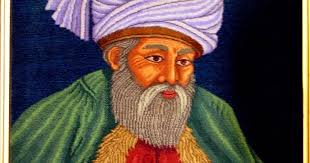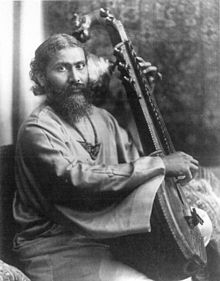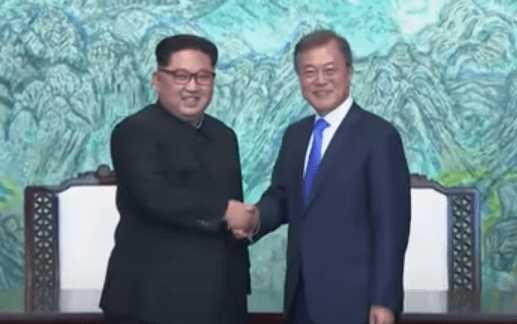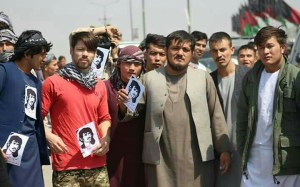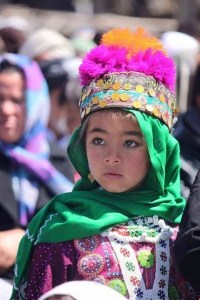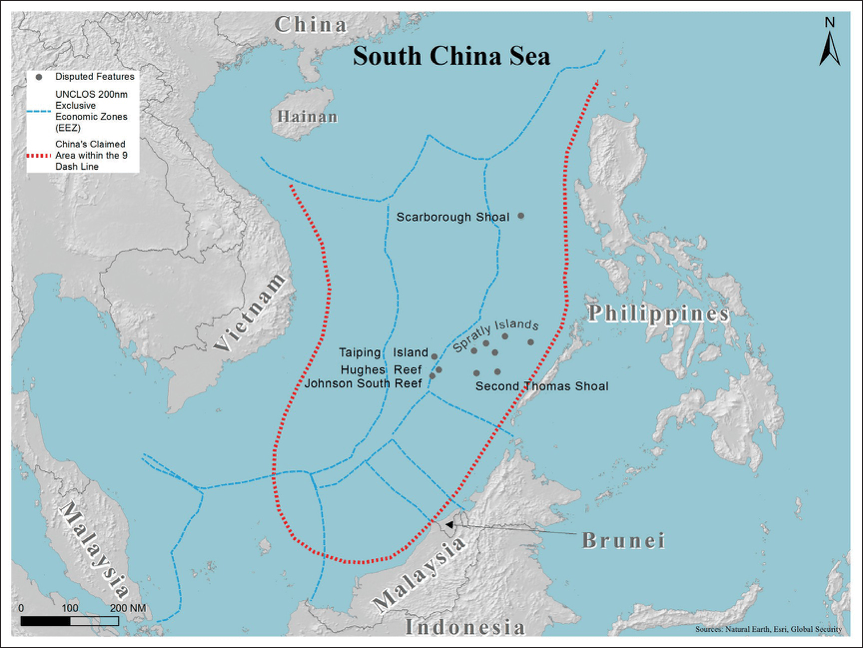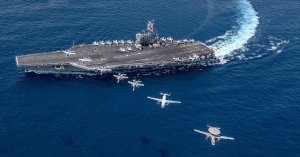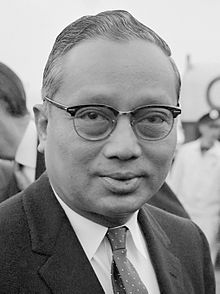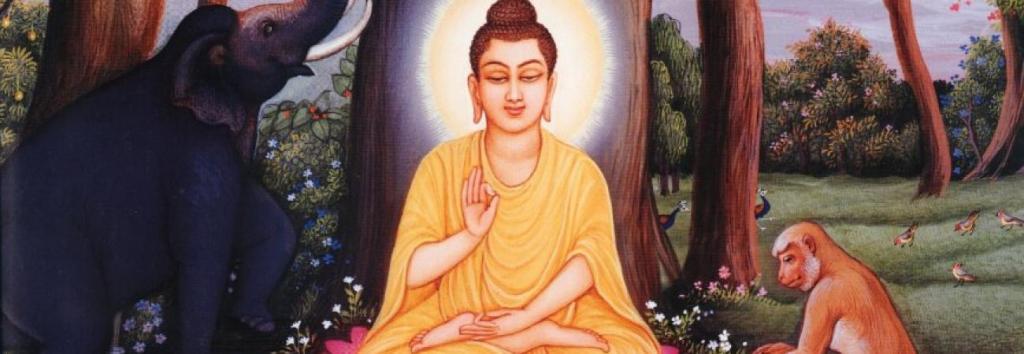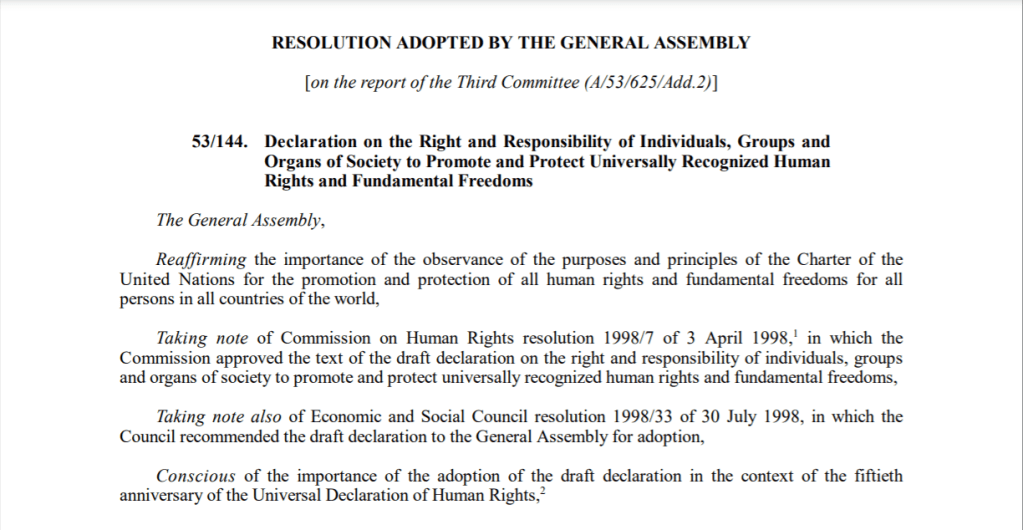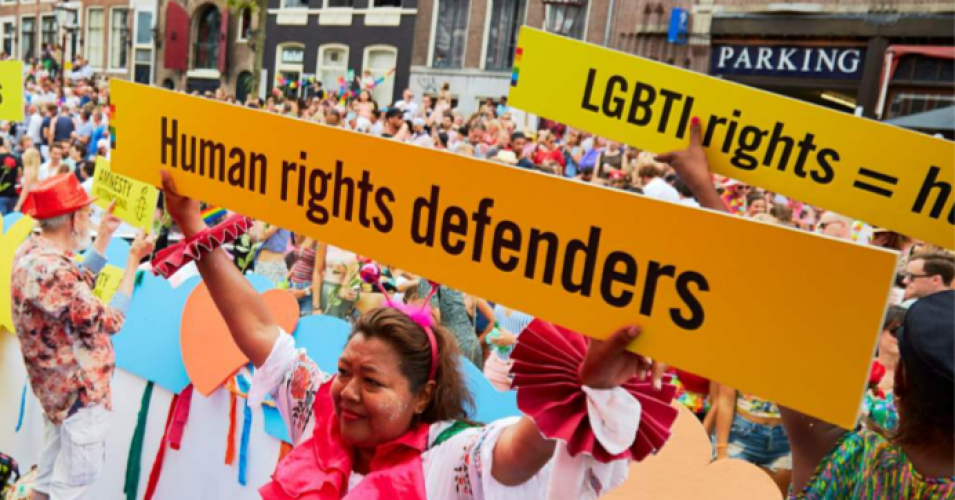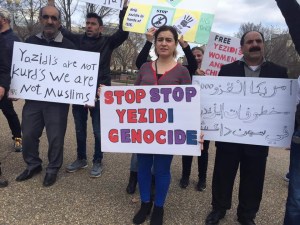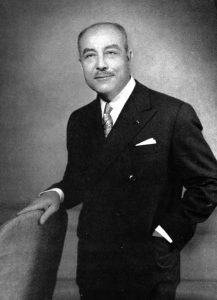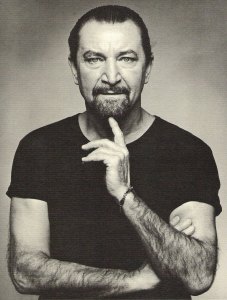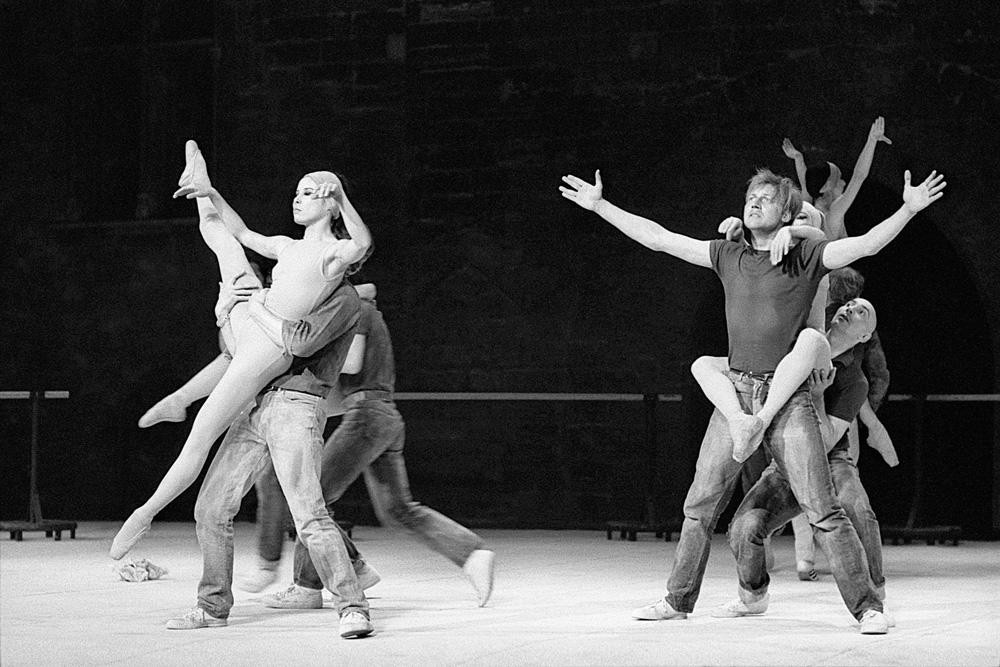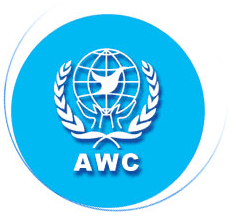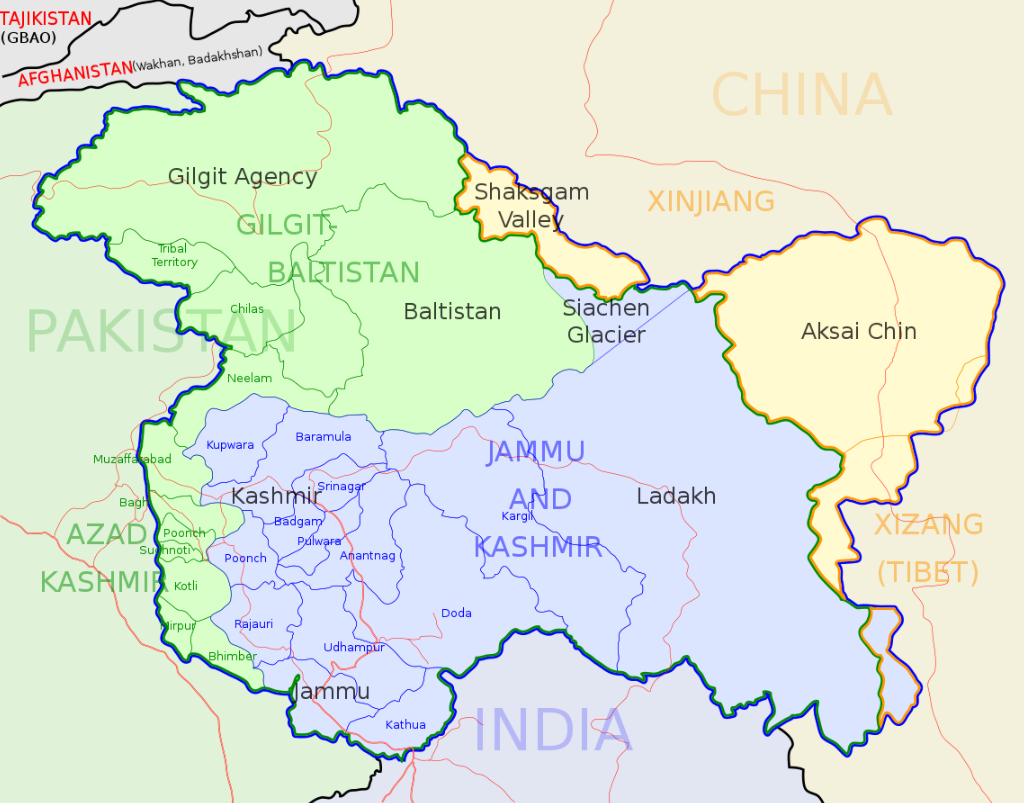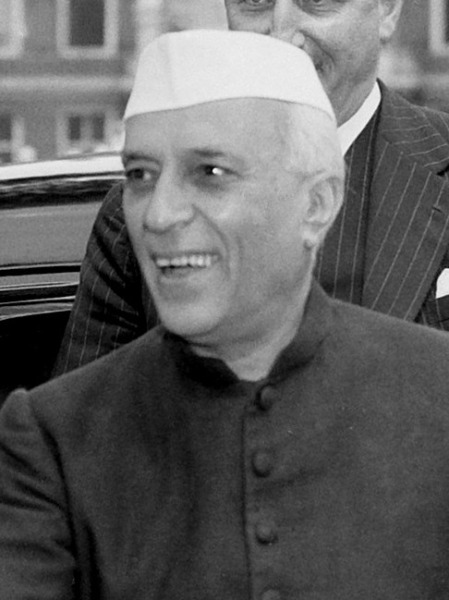Par Bernard J. Henry
La Déclaration universelle des Droits de l’Homme ayant été proclamée par l’Assemblée générale des Nations Unies, faut-il être citoyen d’un Etat membre de l’ONU pour s’en réclamer ?
Absurde, comme question ? Elle ne l’était pas tant lorsque la Déclaration fut adoptée, en 1948, dans le monde de l’après-Seconde Guerre Mondiale où le colonialisme existait encore et des centaines de millions d’êtres humains vivaient encore sous l’autorité d’un pays européen qui avait un jour pris leur terre par la force.
René Cassin et les rédacteurs de la Déclaration savaient ce qu’ils voulaient. Le Préambule précise que les Droits de l’Homme, aujourd’hui Droits Humains, doivent être respectés «tant parmi les populations des Etats Membres eux-mêmes que parmi celles des territoires placés sous leur juridiction». L’Article 2.2 se veut tout aussi explicite en affirmant qu’ «il ne sera fait aucune distinction fondée sur le statut politique, juridique ou international du pays ou du territoire dont une personne est ressortissante, que ce pays ou territoire soit indépendant, sous tutelle, non autonome ou soumis à une limitation quelconque de souveraineté».
Tout être humain était donc titulaire des droits énoncés par la Déclaration, la colonisation n’y devant apporter aucune différence. Mais pour ne citer qu’elles, les réponses de la France et de la Grande-Bretagne aux velléités d’indépendance allaient bientôt démontrer une réalité tout autre, en particulier pendant la guerre d’Algérie.
Au début du vingt-et-unième siècle, la terre était entièrement composée d’Etats membres de l’ONU. Parmi les Etats mondialement reconnus, seule la Suisse ne l’était pas, ayant toutefois fini par rejoindre les Nations Unies en 2002. A ce jour, seuls trois Etats reconnus à travers le monde ne sont pas membres de l’ONU – l’Etat de Palestine, cependant membre de l’UNESCO, le Saint-Siège, Etat que dirige le Pape au sein de la Cité du Vatican à Rome, et Taiwan, ou plutôt, selon son nom officiel, la République de Chine.
En fait, pour l’Organisation mondiale, Taiwan n’est même pas un Etat. En 1949, à l’issue de la guerre civile opposant le Gouvernement chinois aux troupes communistes, l’île devient le seul territoire restant à l’Etat chinois reconnu et qui, à l’ONU, le reste bien qu’ayant perdu la Chine continentale. Ce n’est qu’en 1971 que les Nations Unies reconnaissent le régime de Beijing et retirent sa reconnaissance à Taiwan. Depuis cette époque, Taiwan se considère comme une province de la République de Chine, qu’elle estime être l’Etat légitime chinois en lieu et place de celui représenté au Conseil de Sécurité de l’ONU dont la Chine populaire est l’un des cinq Membres permanents.
Inexistante aux yeux des Nations Unies, Taiwan y a donc perdu tout droit – mais aussi tout devoir, notamment envers les normes internationales de Droits Humains. Pour autant, les Taïwanais sont loin d’avoir cessé d’y croire et viennent même de remporter une considérable victoire.
Des principes universels – mais qui ne lient pas Taiwan
A Taiwan, la situation est tendue, tant du fait de la Chine populaire qu’à l’intérieur même des frontières. Aux menaces de Beijing qui, s’employant à réprimer la révolte contre le projet de loi ultrasécuritaire à Hong Kong, annonce à Taiwan qu’elle est la prochaine sur laquelle viendra s’abattre sa force armée, viennent s’ajouter les poursuites judiciaires et fiscales contre le groupe spirituel Tai Ji Men, en cours depuis les années 1990 et qui ont fait descendre Taipei dans la rue.
Tout se prête à une crispation tant externe qu’interne des dirigeants, et dans de telles conditions, autant dire qu’espérer en une avancée sociale ou sociétale majeure relève au mieux du vœu pieux. Or, le «vœu pieux» vient précisément de devenir réalité.
Le 1er août, la République de Chine s’est dotée d’une Commission nationale des Droits Humains, placée sous l’autorité administrative du Yuan de Contrôle qui œuvre à l’observation du bon fonctionnement des institutions au sein de l’exécutif. Selon la Présidente taïwanaise, Tsai Ing-wen, souvent citée en exemple pour sa gestion de la COVID-19 avec plusieurs de ses homologues féminines comme Jacinda Ardern ou Angela Merkel, la Commission aura pour tâche de rendre les lois nationales plus conformes aux normes internationales de Droits Humains. Et à l’appui de sa revendication, la cheffe de l’Etat taïwanais choisit une référence frappante.
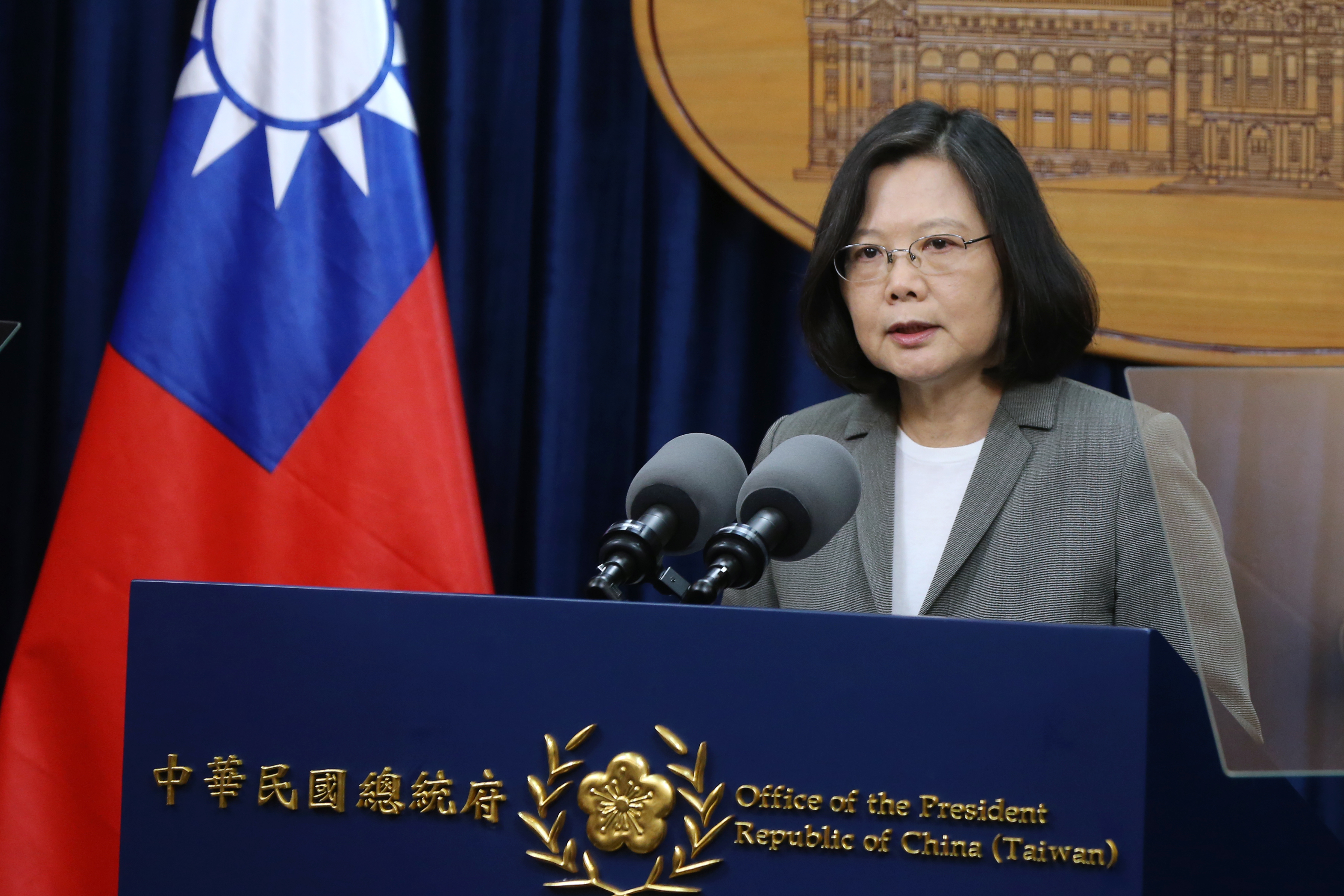
Tsai Ing-wen, Présidente de la République de Chine
Lors de la cérémonie de création de la Commission, Tsai Ing-wen a invoqué les Principes de Paris, créés par une résolution de la Commission des Droits de l’Homme de l’ONU, ancêtre du Conseil du même nom, en 1992 puis validés par l’Assemblée générale des Nations Unies l’année suivante, également l’année de la Conférence de Vienne sur les Droits Humains qui créa en la matière le poste de Haut Commissaire.
Instaurant le concept d’Institution nationale des Droits Humains (INDH), rôle que remplit en France, par exemple, la Commission nationale consultative des Droits de l’Homme créée en 1947, les Principes de Paris fixent des buts fondamentaux à accomplir pour toute INDH : protéger les Droits Humains, notamment en recevant des plaintes et en enquêtant en vue de résoudre l’affaire, en œuvrant à titre de médiateur dans des litiges et en observant les activités liées aux Droits Humains dans la société, mais aussi assurer la promotion des Droits Humains à travers l’éducation, l’information du public dans les médias réguliers et à travers des publications propres, ainsi que la formation, la création des aptitudes et, in fine, le conseil et l’assistance au gouvernement national.
Mais attention. N’est pas une INDH qui veut. Afin d’être reconnue comme telle, puis autorisée à rejoindre l’Alliance mondiale des Institutions nationales des Droits Humains (Global Alliance of National Human Rights Institutions, GANHRI), une INDH doit remplir, toujours selon les Principes de Paris, six critères incontournables :
– Disposer d’un mandat large se fondant sur les normes universelles de Droits Humains,
– Disposer d’une autonomie réelle de fonctionnement envers le Gouvernement,
– Disposer d’une indépendance garantie par son statut ou son acte constitutif,
– Assurer en son sein le pluralisme,
– Bénéficier de ressources financières suffisantes pour accomplir sa tâche, et
– Bénéficier de pouvoirs d’enquête effectifs pour obtenir des résultats probants.
Il est facile pour un gouvernement, surtout sentant la pression internationale, de créer une INDH de complaisance. Mais il sera moins facile pour celle-ci d’être reconnue par ses paires. Au demeurant, la Chine populaire reconnue par l’ONU n’a pas créé à ce jour d’INDH …
Non membre de l’ONU, Taiwan n’est en théorie pas tenue par les normes internationales auxquelles se réfère la Présidente Tsai. Autant dire que le choix est risqué. S’il est risqué, c’est parce qu’il est courageux. Et s’il est courageux, c’est parce qu’il est subjectif.
Taiwan sait quels risques elle veut prendre
Entre 1949, année de la scission du peuple chinois sur le plan politique, et 1975, date de son décès, Tchang Kai-chek, ancien général puis dictateur de type fasciste en Chine continentale, aura dirigé Taiwan d’une main de fer face à Mao Zedong, patron de la Chine populaire, à laquelle il imposera un règne tyrannique ponctué par une sanglante «révolution culturelle» et qui ne survivra que quelques mois à son adversaire taïwanais.
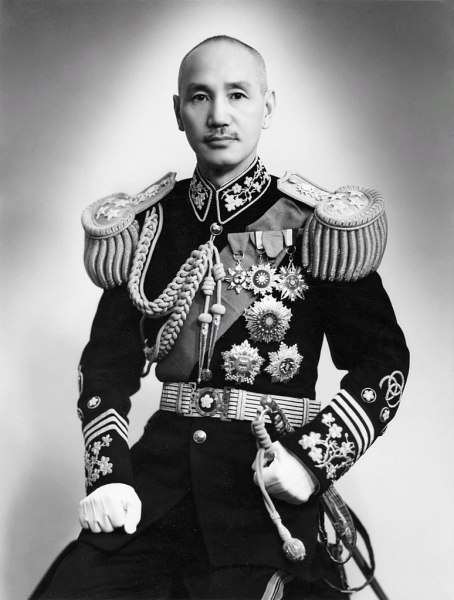
Tchang Kaï-chek
Jusqu’alors démocratie de façade, Taiwan en devient progressivement une plus réelle et, dans les années 1980, l’Etat insulaire émerge comme l’une des grandes puissances économiques de l’Asie, formant avec la Corée du Sud, la cité-Etat de Singapour et Hong Kong, alors toujours colonie britannique, les «Quatre Dragons».
Pour la Chine populaire, la fin de la Guerre Froide n’est pas symbole de liberté, le Printemps de Beijing et les manifestants de la Place Tienanmen étant réprimés dans le sang en juin 1989. La décennie voit le pouvoir central poursuivre et accentuer ses manœuvres d’intimidation contre les minorités ethniques et religieuses, Bouddhistes au Tibet et Ouighours musulmans au Xinjiang. Quant à Taiwan, sa position unique de non-Etat membre de l’ONU apparaît plus que jamais problématique, au sein d’un nouvel ordre mondial introuvable et pour lequel l’interminable exclusion de l’Etat insulaire fait figure d’épine dans le pied.
C’est aussi l’époque où, sous le leadership de Lee Teng-hui, Taiwan parachève sa démocratisation et entame une vaste campagne diplomatique mondiale pour trouver de nouveaux alliés. L’un des effets les moins connus de cette campagne est que, lorsque le Conseil de Sécurité des Nations Unies est appelé en 1999 à renouveler le mandat de l’UNPREDEP, force déployée à titre préventif en Macédoine – aujourd’hui République de Macédoine du Nord –, Beijing met son veto en raison de la reconnaissance accordée par l’ancienne république yougoslave à Taiwan, une opération de l’OTAN devant prendre la relève.
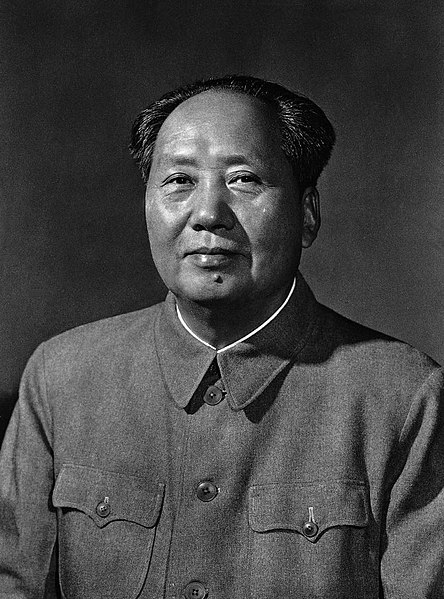
Mao Zedong
Ayant suivi depuis la fin de la Seconde Guerre Mondiale un parcours politique semblable à celui, en Europe, de l’Espagne et du Portugal, avec un régime de type fasciste disparaissant avec son créateur dans les années 1970 et une démocratisation qui va de pair avec une envolée économique, entre un modèle communiste disparu presque partout ailleurs dans le monde et celui de la démocratie de libre marché, certes imparfait mais non moins plébiscité à travers la planète, Taiwan a choisi. Entre un Etat qui se donne droit de vie et de mort sur ses citoyens, la dernière forme en étant celle de Ouighours parqués dans des camps et de femmes stérilisées de force qui confèrent à cette campagne tous les traits d’un génocide, et un Etat qui se dote d’une Commission nationale des Droits Humains en dépit même de convulsions internes et d’une menace militaire externe plus criante que jamais, Taiwan sait quels risques elle veut prendre.
Organisations intergouvernementales : un modèle à revoir ?
Une organisation comme l’AWC n’est pas là pour soutenir une idéologie politique précise, que ce soit le communisme, le capitalisme ou aucune autre. Nous ne sommes pas là non plus pour prendre parti pour un Etat contre un autre, notre but étant le règlement pacifique des différends entre nations.
Mais les contextes politiques permettant ou non le respect des Droits Humains sont une réalité. Deux Etats se veulent la Chine, l’un à Beijing, l’autre à Taipei. A présent, l’un d’eux possède une Commission nationale des Droits Humains. Et ce n’est pas celui qui, juridiquement parlant, est tenu par les Principes de Paris.
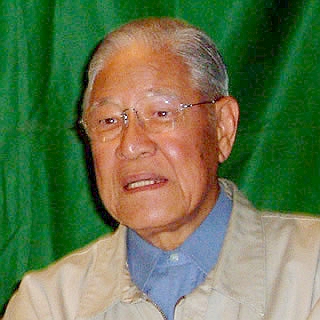
Lee Teng-hui
Douglas Mattern, Président-fondateur de l’AWC, décrivait notre association comme étant «engagée corps et âme» auprès de l’ONU. Elle l’est, mais envers l’esprit de l’Organisation mondiale, la lettre de ses textes, et non envers la moindre de ses décisions politiques. En l’occurrence, l’exclusion totale de Taiwan du système onusien, déjà battue en brèche par la COVID-19 qui remet à l’ordre du jour la question de l’admission de Taiwan à l’Organisation mondiale de la Santé où elle a perdu son statut d’observateur au moment de l’arrivée au pouvoir de Tsai Ing-wen, apparaît plus incompréhensible encore avec l’accession à un mécanisme onusien de Droits Humains de la République de Chine quand la République populaire de Chine, Membre permanente du Conseil de Sécurité, s’affiche de plus en plus fièrement indifférente à ses devoirs les plus élémentaires.
L’expérience taïwanaise qui vient de s’ouvrir devra être observée avec la plus grande attention. S’il vient à être démontré qu’une institution de fondement onusien peut se développer avec succès sur un territoire et dans un Etat extérieurs à l’ONU, et on les sait bien peu nombreux, alors une révision du modèle des organisations intergouvernementales du vingtième siècle s’imposera, avec pour point de départ, du plus ironiquement, une leçon de cohérence donnée à l’une d’entre elles par un Etat-nation.
Bernard J. Henry est Officier des Relations Extérieures de l’Association of World Citizens.
